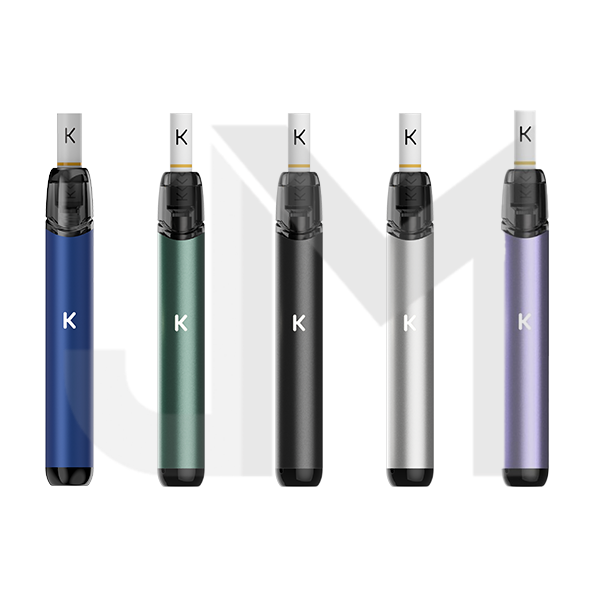Kiwi electronic cigarettes, like all e-cigarettes, present safety concerns primarily centered on nicotine and potential contaminants. While generally considered less harmful than traditional cigarettes for adult smokers switching completely, they are not safe and carry significant health risks.
Kiwi E-Cigarettes: Potential Safety Concerns
- Nicotine Addiction: Most kiwi devices contain highly addictive nicotine, particularly harmful to developing adolescent brains and potentially impacting fetal development.
- Ingredient Risks: Beyond nicotine, e-liquids contain propylene glycol, vegetable glycerin, flavorings, and potentially other additives. Inhalation safety for many flavor chemicals is not fully understood. Heating can create new, potentially harmful compounds. “Kiwi” flavor compounds specifically lack long-term inhalation safety data.
- Device Quality and Consistency: Product quality and manufacturing standards can vary significantly. Lower-quality or counterfeit kiwi-branded devices pose higher risks, including potential exposure to harmful metals (like lead, nickel, tin) from coils or solder joints, battery malfunctions, or contaminated e-liquids.
- Battery Hazards: Lithium-ion batteries in all vapes, including kiwi devices, can malfunction, causing overheating, fire, or explosion.
- Youth Appeal: Flavorings like kiwi contribute to their appeal among youth, leading to nicotine addiction and potential gateway effects to other tobacco products.
- Popcorn Lung Risk: While less common now, some flavorings historically contained diacetyl or related compounds associated with severe lung disease (“popcorn lung”). Reputable manufacturers claim to avoid these, but risks exist with poorly regulated products.
Essential Safety Tips for Kiwi E-Cigarette Users
- Do Not Start if You Don’t Smoke: E-cigarettes are not safe for non-smokers, especially youth and young adults.
- Buy from Reputable Sources: Purchase kiwi-branded devices and e-liquids only from authorized retailers to reduce the risk of counterfeit or contaminated products. Avoid homemade or illicit market products.
- Choose Regulated Products: If possible, opt for brands/devices subject to regulatory standards in your region.
- Use the Correct Charger: Use only the charger specifically designed for the kiwi device. Avoid charging overnight or unattended. Do not charge with damaged cords or ports.
- Store Safely: Keep devices and batteries away from extreme heat, cold, or direct sunlight. Store loose batteries in protective cases to prevent short-circuiting.
- Inspect Regularly: Check devices for leaks, damage (especially to the battery or tank), or unusual sounds/smells before use.
- Handle E-Liquid Carefully: Avoid skin contact. E-liquids can be toxic, especially to children and pets. Store securely out of reach.
- Stay Hydrated: Propylene glycol and VG can be dehydrating.
- Monitor for Adverse Effects: Be alert for coughing, shortness of breath, chest pain, or nausea. Discontinue use immediately and seek medical advice if symptoms occur.
- Seek Support to Quit Entirely: For smokers looking to quit, consider using FDA-approved cessation medications alongside behavioral support, which are proven safer and more effective. E-cigarettes are not FDA-approved for smoking cessation.
- Keep Away from Children and Pets: Nicotine poisoning is a serious risk.
No e-cigarette, including flavored ones like kiwi, is risk-free. The safest choice is to avoid all tobacco and nicotine products.










